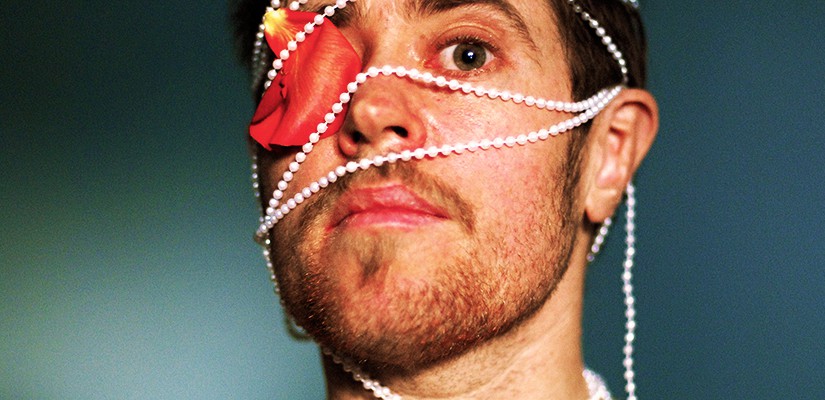BY YVONNE ZACHARIAS Published Fri, Jul 18, 2014
ORIGINAL ARTICLE here
Australian-born theatre artist Sunny Drake isn’t afraid to tackle difficult subjects on stage but there is nothing preachy or didactic about the way he delivers them.
First, there is the story of his own transitioning — from being born a girl to becoming a boy.
Then there is his struggle with alcoholism.
This is hardly the stuff of laughter. Yet he makes people laugh.
The dynamic new-age thespian had sold-out shows in San Francisco, received rave reviews in his native country and has received awards and accolades for his one-man, 63-minute show called X that he is bringing to the 2014 Queer Arts Festival in Vancouver.
“It is really important for me to make work that is stunning and beautiful and magical and entertaining,” said the 37-year-old performer in an interview from Toronto, which he now calls home.
“I like people to leave my shows with an array of questions, an open-ended experience rather than sort of having been told well you should think in this way.”
Drake has taken the classic tip “write what you know” and spruced it up with puppets, stop-motion animation and humorous monologues to tell the story of a girl and her best friend struggling with addiction and their sexual identity.
It took about six months of solid work over a period of a year and a half to create this piece with his signature blend of art forms.
“This one was one hundred per cent the hardest show I’ve ever made because I felt such shame around it.”
Like so many other queer and trans people, Drake used alcohol as a coping mechanism to deal with the difficult search for his sexual identity.
In the midst of the interview, he throws out a startling statistic. “Queer and trans folk have nearly double the rates of substance and alcohol use as their non-queer, non-trans counterparts.”
Far be it from him to tell them to stop drinking. “I’m not this sober person who thinks everyone else should be sober. I completely respect people’s autonomy in deciding for themselves is this a good coping strategy at the time?”
For him, it probably was at one point. But it crept up on him. “The effects of alcohol in my life started outweighing the benefits of the coping factor.”
At first, he decided there was no way he could write a play about this problem. “We have such strong judgments of people who struggle with alcohol or drugs. I felt a big sense of failure. I felt a big sense of shame and I hid my drinking problem really really well for a lot of years.”
But he reasoned that if he was suffering in this way, there must be many others out there in the same boat. It was then that he decided he had to put his own story on the line.
He was still drinking when he started working on the show but he has been sober now for two years. While grateful for this, he still misses alcohol sometimes.
He knew if he delivered a tale of woe, no one would come. People want to be entertained. They want to laugh and cry. So he set out to find “a nuanced and beautiful and compelling way to explore important stories.”
“I take difficult topics and I make a magical and moving and entertaining and funny and ridiculous show out of them.”
Stitching together a monologue with puppetry and stop-motion animation requires precision. For example, at one point, one of the two puppets opens a manhole and climbs down. At that point, the puppet becomes an animated character.
Drake credits an amazing creative team of 10 people for helping him pull the show together.
His show is one of the highlights to the Queer Arts Festival that is fast becoming a staple on Vancouver’s cultural landscape. It is billed as one of Canada’s fastest growing arts festivals.
Running from July 23 to Aug. 9, it offers a breathtaking breadth of talent, combining musical, dance and theatrical performances with visual art exhibitions and workshops, both local and from 27 countries around the world, under one roof at the Roundhouse Community Centre. Here you will find everything from slam poetry by Floyd VB and Olivia B to a performance by 80-year-old venerable harpsichordist Colin Tilney.
Underlying it all is an exploration of the perplexing terrain of human sexuality in all its variations. Our understanding of it seems to be getting ever more complex, moving well beyond the black-and-white world of straights and gays.
The festival, according to its own literature, is a haven for “bisexuals, gay men, intersex, lesbians, transsexuals, third gender, transgender, two-spirit, queer and questioning individuals.”
In other words, just about anyone who is at odds with straight culture.
Here again, Drake seems to fit right in. Growing up in Brisbane, Australia, he had this pervasive sense of something not being quite right. He was a girl on the outside but felt like a boy on the inside. But because there were no stories, no possibilities, no examples of what he was feeling around him, he couldn’t define it. He felt isolated.
Then in his late 20s, he spent two years in San Francisco where he was surrounded by a strong community of “trans” people who helped him define and validate what he was feeling inside.
At age 30, he came out as a trans person and took hormones to transition from being female to male.
While back in Australia, he fell in love with a Canadian woman who has become his partner. “I have a really wonderful relationship. I’m very very lucky for that. That’s why I moved to Canada.”
But here, too, the story gets more complicated. Far from eschewing all things feminine when he transitioned into a boy, Drake says, “I’m actually an effeminate man so I love pink. I love frilly things. Sometimes I wear makeup.”
He said people look at him and assume he is a gay man, “such a flamer” who can’t possibly have a female partner. Trying to explain himself is like a whole second coming out.
Which just goes to show “there’s so many different ways to be a man and there’s so many different ways to be a woman.”
Far from lamenting this strange state of affairs, the Queer Arts Festival embraces and showcases it, making people who have hovered on the fringes of the mainstream straight world or dived straight off of it feel right at home.
Rachel Iwaasa, the festival’s artistic director, is a case in point. A classical concert pianist and a “queer person” who says she is attracted to all genders, she wound up going to the queer arts festival in San Francisco, a month-long extravaganza that takes over the entire city with several dozen venues and every kind of art.
“It was the first pride that I’d been to where I felt I really belonged.”
Pride parades aren’t exactly her cup of tea. “I have huge value and respect for what the Pride Society does but I am not a big outdoors person. Parades have never been my thing and I am not a big bars and parties person.”
She found the San Francisco event was just the ticket, combining both the artistic and the queer sides of her identity.
Artists whose works are displayed at the Vancouver festival, which is now in its sixth year as the Queer Arts Festival although it was launched as Pride in Art in 1998, “often will say this is the first time they have been able to do a show where they could be wholly themselves,” Iwaasa said.
She pointed out that historically, the arts have been a safe place for queers who often found refuge in high schools in drama class or in school bands.
“As a community, we count among our artists Leonardo da Vinci, Michelangelo, Gertrude Stein, Oscar Wilde and arguably Shakespeare,” said Iwaasa, pointing out that many had to live closeted lives in terms of their sexuality.
“When you read a list of LGBT figures throughout history, of illustrious achievers, 80 to 90 per cent of them are artists,” she pointed out. And “if you go through a list of artists throughout history, a disproportionate number seem to be queer.”
The arts and the queer community seem to go together like honey and bees.
Here are five events not to be missed at the Queer Arts Festival from July 23 to Aug. 9 at the Roundhouse Community Centre, 181 Roundhouse Mews, Davie at Pacific:
• Master harpsichordist Colin Tilney celebrates turning 80 this year with a solo recital. In his concerts, the world-renowned musician tries to use historical instruments or modern replicas in an attempt to match the music with the sounds the composers heard as they wrote.
His program will include Bach’s sixth English Suite, a prelude and dances by Louis Couperin, five sonatas by Scarlatti and Quinque by South African lesbian composer Priaulx Rainier (1903-1986). July 25, 7:30 p.m. Regular admission, $30; $15 for youth, seniors and the underemployed.
• The debut of Canada’s first professional queer classical choir Cor Flammae. Co-founders Missy Clarkson, Madeline Hannan-Leith and Amelia Pitt-Brooke have brought together a large group of queer choral talent including Peggy Hua and Hussein Janmohamed. Their talents have been involved in a wide range of choral acts, including the UBC women’s choir. July 24, 7:30 p.m. Regular admission, $30; $15 for youth, seniors and the underemployed.
• Queering the International features artists from a wide range of nations including Brazil, Canada, the Cree Nation, Guatemala, Guyana, Hawaii, Hong Kong, India, Iran, Mexico and others. The exhibition is curated by Zimbabwe-born Laiwan and curatorial assistant Anne Riley. July 23 to Aug. 9. Gallery hours are 10:30 a.m. to 10 p.m. weekdays; 10:30 a.m. to 4:30 p.m. weekends. By donation.
• In a fast-paced, one-man show called X, Australian-born theatre artist Sunny Drake offers a magical, humorous and honest look at addiction grounded in queer and trans experiences. Drake combines multiple art forms in his performance, including stop motion animations and puppets. July 26, 7:30 p.m.; July 27, 3 p.m.; July 28, 7:30 p.m.
Regular admission, $30; $15 for youth, seniors and the underemployed.
• Initiated by the filmmaker Rodrigue Jean, Epopee is a collection of short films made in collaboration with male drug addicts and sex trade workers in Montreal.
Post-show talkback with filmmaker Rodrigue Jean and Serge-Olivier Rondeau, a member of the Epopee collective.
Aug. 5, 7:30 p.m. General admission $10; $8 for youth, seniors and the underemployed.
The event is co-presented by the grunt gallery.© Copyright (c) The Vancouver Sun

